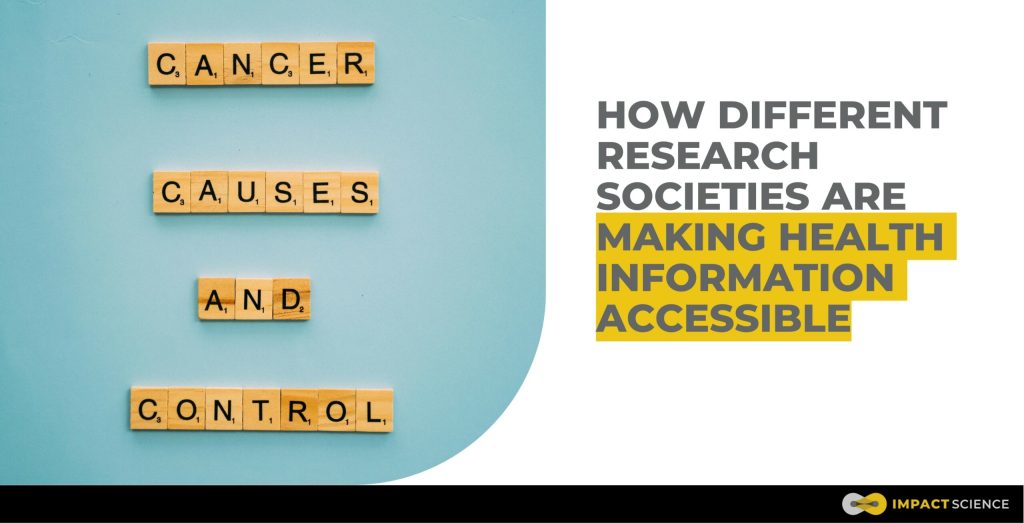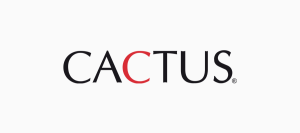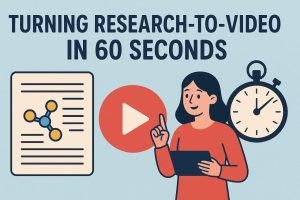Making health information accessible
When Andre Kushniruk was diagnosed with advanced stage tongue cancer in the fall of 2017, his surgeon told him that the tumor was too large to operate. Kushniruk, a professor of Health Information Science at the University of Victoria in Canada, was given a slim chance of surviving past two years.
Kushiruk’s wife, also a health informatician, applied her skill and knowledge to verify his surgeon’s claim. Scouring through biomedical archives like PubMed, searching on Google and YouTube, and reading patient blogs, Kushniruk’s wife found that the situation wasn’t irreversible. Patients in cases similar to his had undergone surgery. Going through peer-reviewed literature, they identified a hospital and expert who could help Kushniruk. He underwent a life-changing surgery within a week.
Health information – the what and the why
This instance shows that patients and their family having access to health information can save lives. Kushniruk argues that his case also highlights the need for patients to know how and where to access the right information – something he and his wife could do because of their profession.
Health information is the knowledge that an individual, healthcare professionals and others need to safeguard their own health and the health of others. This includes the information needed for preventing diseases, maintaining health, disease screening, diagnosis and management as well as palliative care. Having access to health information can promote healthy habits, seeking appropriate healthcare, decision making, proper medication, and referral.
See also: The Role of Research Societies in Addressing Vaccine Hesitancy
Health information for all
Proposed by the British Medical Association, the World Medical Association (WMA) has unanimously approved a statement on healthcare information for all. The crux of the statement is that lack of access to timely, current, evidence-based healthcare information can contribute to morbidity and mortality, particularly in low- and middle-income countries. This campaign calls on doctors all over the world to support initiatives to improve access for health professionals, patients, and others.
This initiative, called Healthcare Information for All (HIFA), now has 20,000 members spread over 180 countries, interacting and discussing in several languages and working with the World Health Organization (WHO).
See also: Five Ways Research Societies Can Fight Fake News About Immunization
Social media as a source of health information
Social media served as the primary source of information during the COVID-19 pandemic. Social media has been used as a tool for health interventions, health campaigns, medical education, disease surveillance, and health promotion. Over 80% US state health departments have social media accounts.
Aside from US state health departments, several other research societies all over the world use social media to dispense information. Some of these societies and their work is highlighted below.
Australasian Society for Infectious Diseases
The Australasian Society for Infectious Diseases is a professional body for infectious diseases and microbiology in Australia. The society consists of infectious disease physicians, scientists, veterinarians, and other experts. They aim to advance education, promote research, and advocate for evidence-based policy matters in the field of infectious diseases. They hold events such as annual conferences where researchers in the field can present their work and collaborate. The society also gives awards to mentors, teachers, and researchers working in the field of microbiology and infectious diseases. In addition, they have resources in the form of articles and infographics for both clinicians and the public.
International Parkinson and Movement Disorder Society
The International Parkinson and Movenment Disorder Society brings clinicians, scientists, and other healthcare professionals together for collaborating on research and educating people about movement disorders. The regional sections of this society span all over the world – America, Europe, Africa, Asia, and Oceania.
They conduct events like international congresses which consist of lectures. They also educate others using unique formats like video challenges, where leading experts analyze cases live. The society also provides financial support and expert faculty for local educational activities in the field of movement disorders. Moreover, they celebrate international awareness days such as World Parkinson’s Day and World Movement Disorder Day. They bring together experts who amplify and boost knowledge about these conditions.
Research Society for the Study of Diabetes in India
Consisting of researchers and clinicians, the Research Society for the Study of Diabetes in India (RSSDI) aim to promote diabetes research. Aside from having their own scientific journal that publishes relevant research articles, RSSDI conducts several events to amplify diabetes research. These include walking campaigns to bring awareness to diabetes complications such as diabetic foot, and research retreats for scientists to present their work. They also provide research grants to researchers studying diabetes and release videos and infographics for patient awareness.
European Society of Clinical Microbiology and Infectious Diseases
The European Society of Clinical Microbiology and Infectious Diseases (ESCMID) started with the mission to improve people’s understanding of pathogens and infections. The non-profit organization, that now has over 9000 members, aims to improve the diagnosis, treatment, and prevention of infection-related diseases. They do this by promoting and supporting research, education, training, and good medical practices.
Some of the activities that the society engages in include conducting postgraduate courses, offering awards to researchers, and organizing summer schools. The organization also has their own scientific journal and a weekly newsletter to make health information easily accessible to the public.
American Cancer Society
The American Cancer Society is a cancer-fighting organization that aims to improve the lives of people with cancer and their families. They ensure that everyone has an opportunity to prevent, detect, treat, and survive cancers. They do this through their practices of advocacy, research, and patient support.
They have a 24/7 cancer helpline that provides support for people living with cancer. They also have patient and caregiver support programs that provide accurate health information for how to navigate when one gets a cancer diagnosis.
American Heart Association
The American Heart Association is USA’s oldest and largest voluntary organization dedicated to fighting heart disease and stroke. They bring together experts in the field and raise funding for cardiovascular research. They publish blog posts providing reliable information about various cardiovascular and related diseases. They partner with schools to improve nutrition, increase physical activity and help end tobacco use among youths in order to create healthier futures for them. They also train over 22 million people in cardiopulmonary resuscitation (CPR), an emergency medical procedure, each year.
Summary – the why and the how of healthcare information
Health information readily accessible to healthcare providers, patients, their family, and caregivers can possibly save lives. Several societies across the globe make sure that relevant and reliable information is available to the various stakeholders in order to help people living with health conditions.









